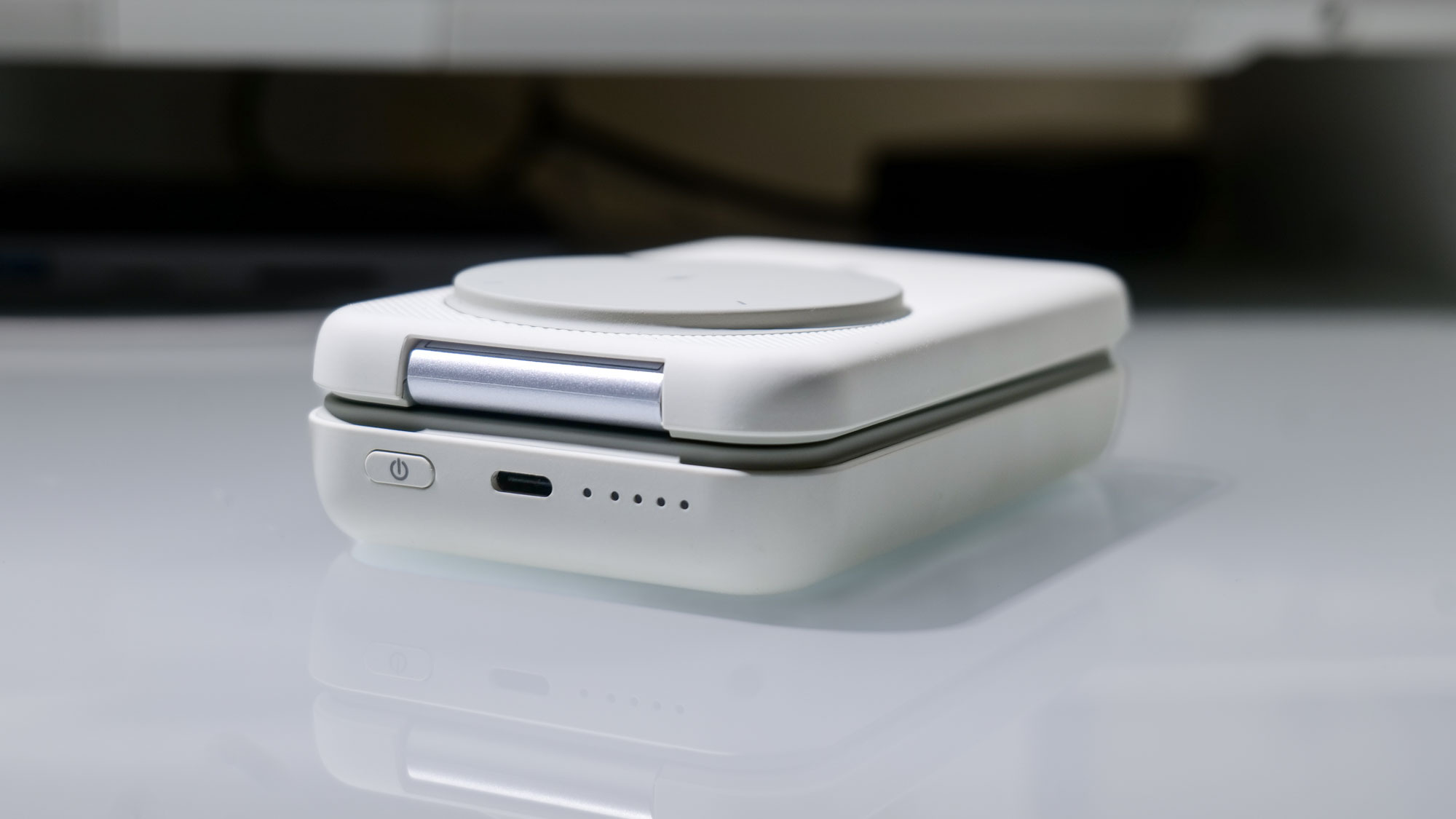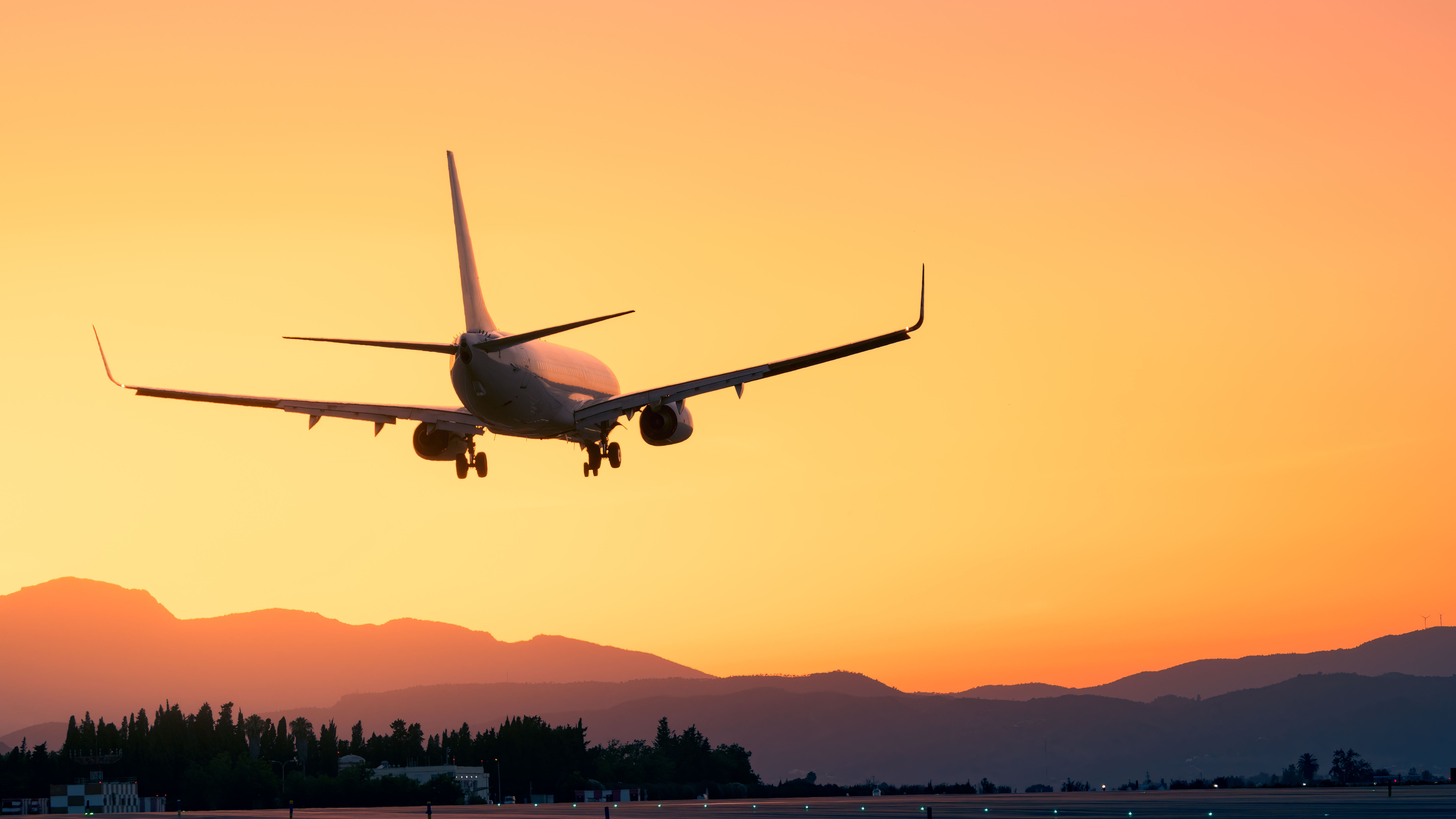
With anxiety of in-flight fires on the rise, airline carriers around the globe are changing policies surrounding portable batteries and chargers.
In the United States, Southwest Airlines is the first of the four biggest American carriers to introduce new restrictions. Starting today (May 29), the airline will require you to have portable chargers visible at all times when using them.
The new policy requires "customers to keep portable charging devices visible while in use during flight," a Southwest spokesperson told Tom's Guide.

"Using portable charging devices while stored in a bag or overhead bin will no longer be permitted," they added.
The spokesperson cited recent fire incidents around the world.
The U.S. carrier is following in the footsteps of airlines from South Korea, Taiwan and Hong Kong which introduced similar policies after a fire destroyed an Air Busan plane in South Korea this past January.
Investigators have blamed a power bank for that fire.
Different policies for different airlines
Incidents involving lithium-ion batteries (which make up most portable chargers) on aircraft have been on the rise.
Federal Aviation Agency data cited 89 reports for 2024 and at least 22 through the month of May this year, nearly double from previous years.
Currently, the FAA only requires that lithium-ion devices be kept in carry-on baggage. The European Union has similar rules.
However, policies range between airlines. Southwest lets you keep your battery as long as its visible.

"In the rare event a lithium battery overheats or catches fire, quick access is critical," the Southwest spokesperson said. "Keeping power banks in plain sight allows for faster intervention and helps protect everyone onboard."
By comparison, the low-cost Irish airline, Ryanair requires passengers remove the batteries before storing bags.
After the Air Busan fire, South Korea introduced a law that mandates passengers keep portable chargers within arm's reach and out of bins. Several other Asian airlines introduced similar rules or local governments like Hong Kong have regulations going into place.
The problem with lithium-ion batteries

Lithium-ion batteries have been banned from cargo holds of passenger plans since 2016, after regulations from the International Aviation Organization of the United Nations were introduced.
The batteries can overheat or expand which can start fires, especially if the battery is damaged or improperly protected..
"Flight crews are trained to recognize and respond to lithium-ion battery fires in the cabin," FAA resources read. "Passengers should notify the flight crew immediately if their lithium-ion battery or portable electronic device is overheating, expanding, smoking, or burning."
Tom's Guide has reached out to the other big airlines (American, Delta and United) to see if they are considering implementing a similar policy. We will update this story if they respond.







